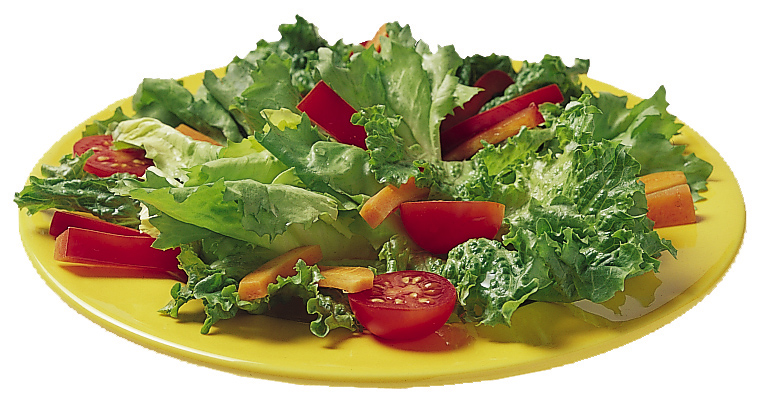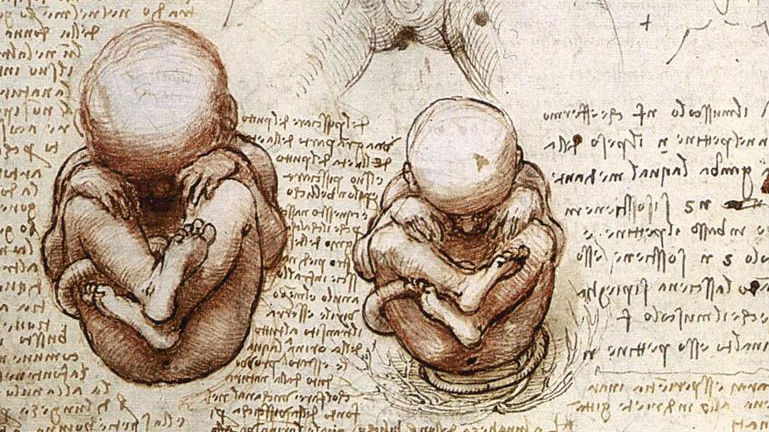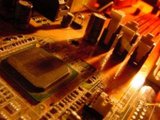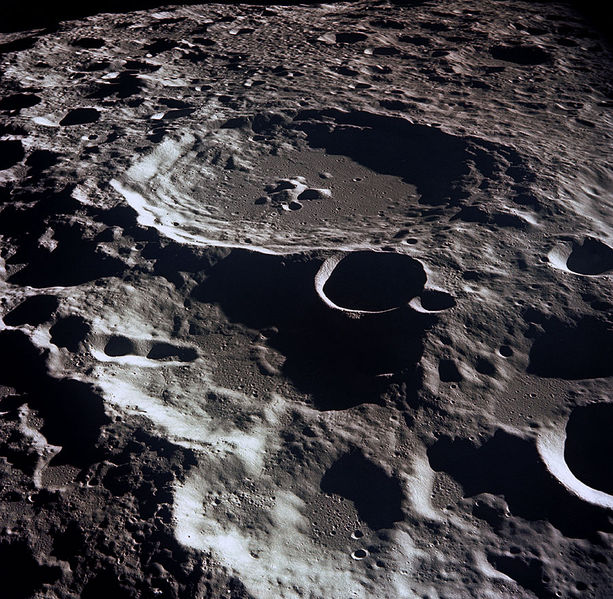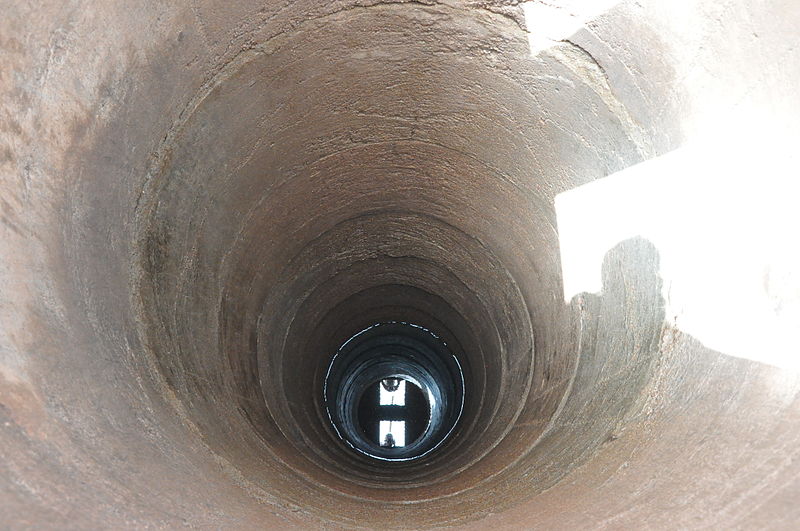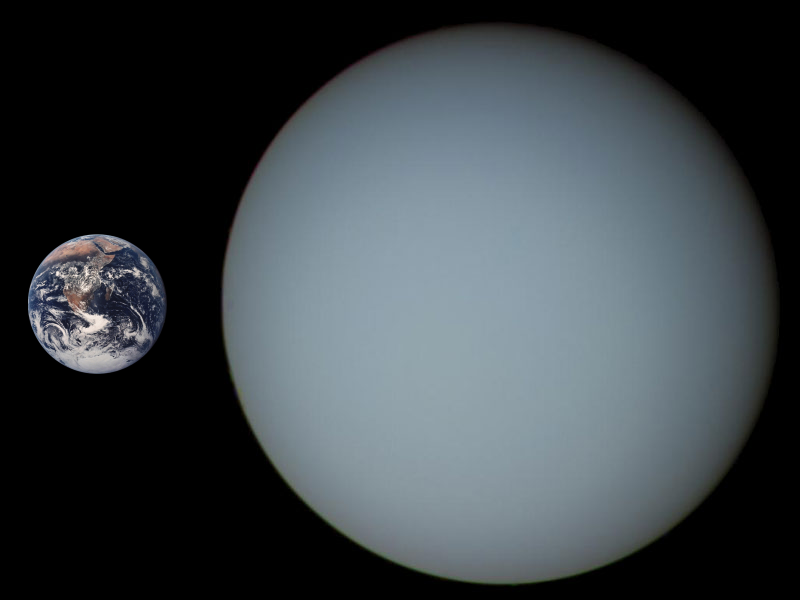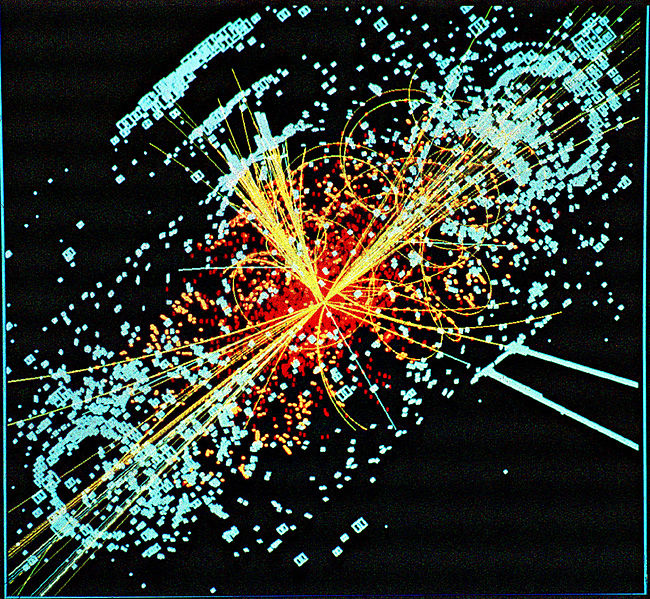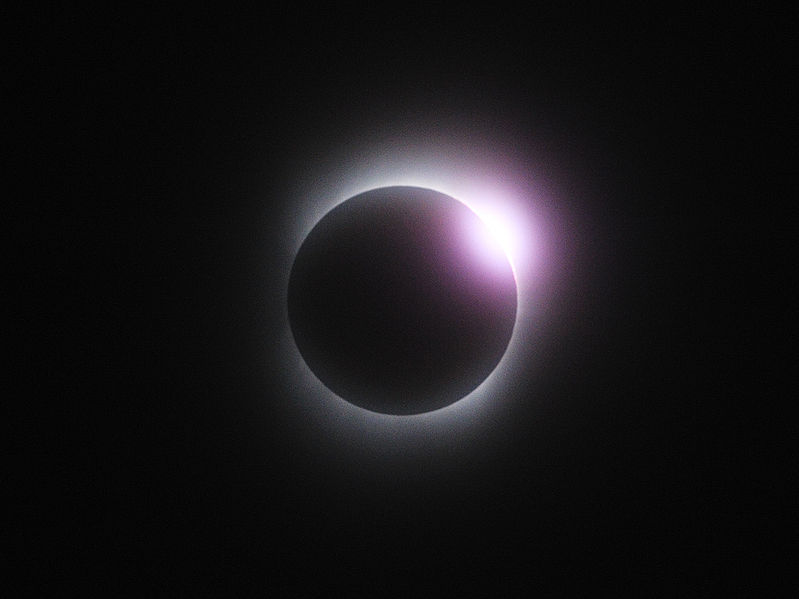Surprising Science
All Stories
Officials cautiously say the peak of the E. coli crisis may have passed but as scientists scramble to identify its source, many Germans have been put off their salad.
Fertility clinics can now identify and prevent the implantation of embryos with known genetic defects. For the first time we have the technical ability to determine whether or not certain babies will be born and what characteristics they’ll be born with.
Molecular Biologist Lee Silver acknowledges that there are special bioethical considerations that come into play for those working on biotech—but insists that much of the opposition to the field is […]
In a bid to enable computers to learn faster, defense company Lockheed Martin has bought a system that uses quantum mechanics to process digital data. At $10 million, it is the first sale of its kind.
Just when we were starting to get over the shock that parts of the moon’s surface are wetter than the Sahara Desert, a new study reports that the lunar interior is sopping wet, too.
Scientists have been using small variations in the Earth’s gravity to identify trouble spots around the globe where people are making unsustainable demands on groundwater.
If humans hope to achieve long-distance space travel, a fusion powered space craft currently holds the most promise. Adam Crowl of Project Icarus says we may source its fuel from Uranus.
Since the beginning of history, humans have searched for the beginning of time, asking how we came to be. But at no other point has humanity come so close to finding the keys to creation.
Three eclipses will happen over the next month. As rare as that is, it all starts with another rarity—a midnight eclipse of the sun visible only from locations close to the high Arctic.
Psychology and neuroscience research indicates that willpower is something that can be developed and enhanced with practice. With that in mind, ex-smokers are willpower kings.
For some people, seeing pain in someone else is more than emotionally distressing: they feel the pain in their own body too. Now some of the pathways involved have been identified.
How do thoughts arise in your brain? Rather than selecting them consciously, the brain’s default-mode network analyzes a situation and determines what your priorities should be.
Krista and Tatiana Hogan are four-year-old twins conjoined at the head, their brains linked by neural pathways that allow them to share the same physical experiences, their doctor says.
Caltech professor Sean Carroll: “If you claim that some form of soul persists beyond death, what particles is that soul made of? What forces are holding it together? How does it interact with ordinary matter?”
Beyond the online condemnation for two Toronto parents who reportedly refuse to make public the gender of their youngest child, there’s a deeper question on how gender forms, scientists say.
Remarkable genetic differences between a brain of an autistic person and a person without autism found by U.C.L.A. researchers have changed the way doctors and researchers think about autism.
The Obama administration is about to ditch the food pyramid, that symbol of healthy eating for the last two decades. In its place officials are dishing up a simple, plate-shaped symbol.
You think you own the right to your own genetics, but actually someone else owns 20 percent of your genes. How can that be? Biotech companies are snatching up the patent rights.
Brooklyn Brewery Brewmaster Garrett Oliver suggests this hangover cure: a greasy bacon, egg and cheese sandwich, strong coffee and a lot of water. “Then think strongly upon your sins.”
As The Hangover films make abundantly clear, it’s not easy waking up after a night of wild partying. Folk remedies for hangovers abound, but a recently published study offers a cure with a real scientific basis.
A new ‘micro snake’ robot camera has found hidden hieroglyphs in the Great Pyramid of Giza that may help unlock the secrets of the pyramids and their complex chambers.
The potential and excitement of nanoscale technology is undeniable, whether in aerospace materials, medical treatments or improving computer devices. But what are the risks?
The U.S. Nuclear Regulatory Commission faces a moment of truth says Scientific American: Regain the public’s trust in nuclear power or face worse alternatives to energy production.
Originally part of George W. Bush’s moon mission, a spaceship from N.A.S.A. based on an Orion space capsule is being re-purposed for missions to astroids and moons around Mars.
With the devastating Joplin, Missouri, twister arriving on the heels of April’s deadly outbreak in the Southeast, many are wondering just what’s in the air this spring. Are we in for more?
Heading to the beach this weekend? Depending on how you travel, you can save money and reduce your carbon footprint, with the help of an innovative new technology company.
One of the most exciting aspects of digital marketing is its measurability. But just because you can measure it does not always mean it is easy to know if your efforts are paying off.
New independent studies confirm earlier findings that cell phones can disrupt DNA, impair brain function and lower sperm count.
The role of gut bacteria may extend beyond the stomach and intestines all the way to the brain. In a new study, disrupting the normal gut flora of mice leads to changes in the animals’ behavior.
